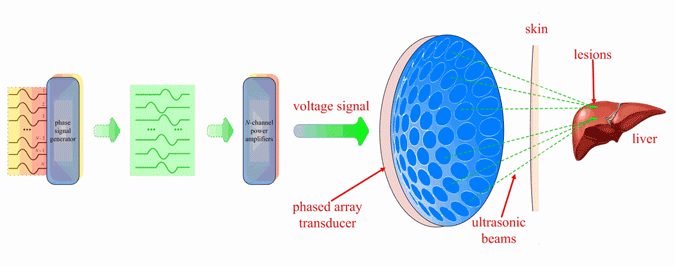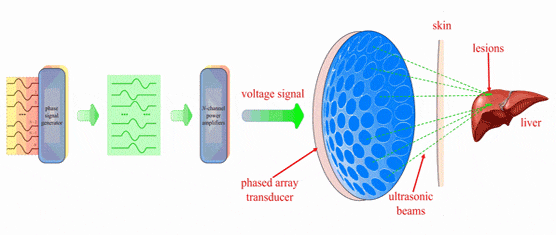J. F. Bai, P. Liu, and L. X. Xu, Shanghai Jiao Tong University, Volume 61, Issue 5, Page:1497-1505

Thermal ablation techniques present promising approaches to tumor treatment because of its recent advances in precise energy delivery and real-time monitoring, its non- or minimal invasive- ness, and more importantly the possible whole body immune response through thermally induced depletion of immune suppression cells and in situ release of tumor specific antigens. It has been recognized lately that the aggregation of immune suppression cells induced by cancer growths is the key hurdle in cancer treatment, especially for metastatic cancer. In contrast to the current conventional approaches, the concept of using the minimal external intervention to stimulate the maximal self-defense in body for the complete cure is revolutionary. The cure of disease ultimately lies in nature, namely self-cure and self-repair. In light of this, the application of less toxic local thermal treatment to mechanically break primary cancer cells and to induce whole body immune response against distal metastases is expected to become an effective treatment for metastatic tumor based on the synergistic effect. Such a development could be only achieved through interdisciplinary research across the boundaries of biology, physics, engineering, and translational medicine. In this paper, recent development of thermal ablation techniques for cancer treatment are reviewed and compared with the emphasis on thermal energy delivery methods, thermally induced immunological responses.

